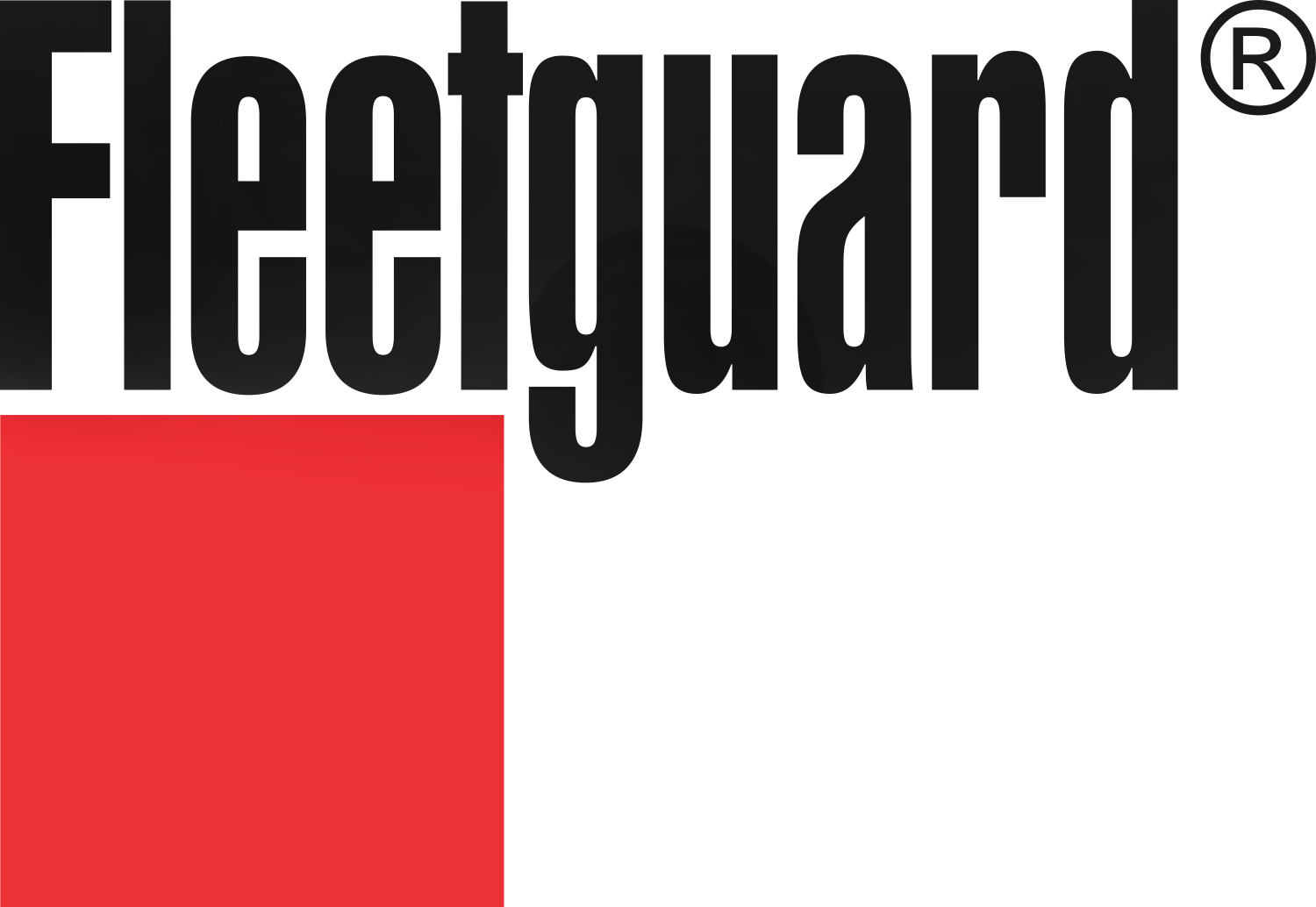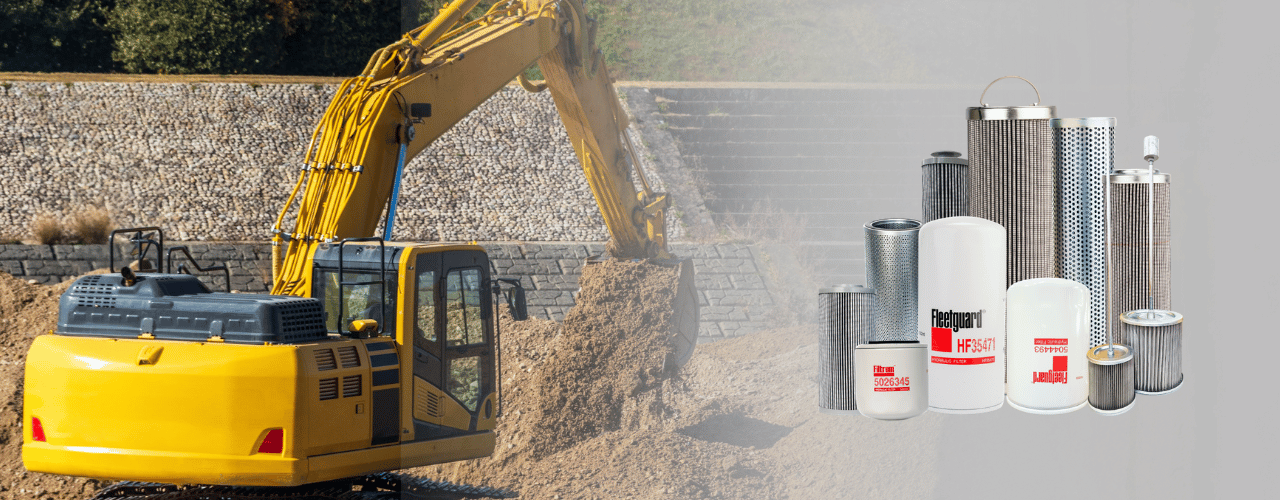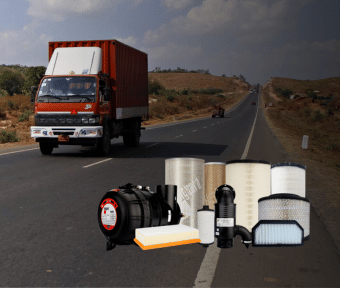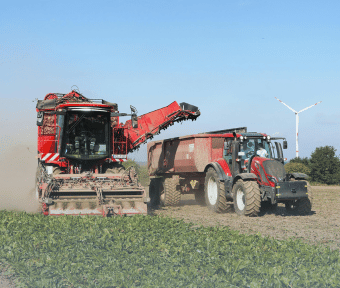Industry | 31 Mar 2025
Compressed air powers countless industrial operations worldwide. It's so common that many engineers refer to it as the "fourth utility" after electricity, natural gas, and water. But unlike those other utilities, compressed air quality varies dramatically based on your filtration setup. Proper filtration makes or breaks equipment performance. This article explores why compressed air filtration matters and how to protect your valuable equipment contaminants effectively.
Types of contaminants: The Hidden Threats in Your Air Lines
Most plant managers don't realize what's actually flowing through their compressed air systems. Let's break down these invisible threats:
Dirt and Particulates: Every cubic foot of ambient air contains thousands of dust particles. Your compressor sucks them all in, concentrating them in your system. I once opened a valve on a poorly filtered system and found what looked like black sand—accumulated particles that had been circulating for months. These particles scratch precision surfaces like cylinder walls and valve seats, creating maintenance nightmares down the road.
Oil Contamination: Oil-lubricated compressors inevitably introduce oil into your air system. Even oil-free compressors aren't immune, as they often draw in atmospheric hydrocarbons. This oil forms fine aerosols that travel downstream and deposit on surfaces.
Water Problems: Compressing air concentrates moisture dramatically. A 100 CFM compressor operating in typical conditions can generate about 18 gallons of water in a 24-hour period! This water causes rust in pipes, damages pneumatic tools, and creates perfect conditions for bacteria growth.
Microbial Growth: Few maintenance professionals consider microbial contamination, but it's a serious concern. Warm, moist compressed air systems become perfect breeding grounds for bacteria and fungi. This is particularly problematic in food, beverage, and pharmaceutical applications where product safety depends on clean air.
Real Consequences of Poor Filtration
Poor air quality doesn't just cause theoretical problems—it hits your bottom line in measurable ways:
Equipment Failures: Pneumatic tools and machinery suffer significantly when forced to operate with contaminated air. The precision tolerances in modern equipment leave little room for particulate buildup or sticky oil films. As per some industry experts, simply upgrading filtration can reduce pneumatic component failures by 62% year-over-year.
Production Delays: Nothing hurts profitability like unplanned downtime. When a critical cylinder fails or a control valve sticks during production, the resulting backlog creates scheduling headaches that can last for days.
Energy Waste: Dirty filters and contaminated air passages create pressure drops throughout your system. Your compressor works harder to overcome these restrictions, consuming more electricity. Most plants see 7-12% energy savings after optimizing their filtration systems—significant numbers when you consider that air compression typically accounts for 10% of industrial electricity consumption.
Quality Control Issues: For spray finishing, food processing, or electronics manufacturing, air quality directly impacts product quality. Contaminants in your air become contaminants in your product. The resulting rejections, rework, and warranty claims quickly dwarf the cost of proper filtration.
Building an Effective Filtration Strategy
Protecting your equipment requires a systematic approach:
Start With a System Assessment: Before purchasing any filters, evaluate your specific requirements. What's your industry? What equipment are you protecting? What standards must you meet (for example, ISO 8573 classifications)?
Implement Multiple Filtration Stages: Consider multi-stage filtration solutions that can remove all contaminants. Effective systems like those offered by Fleetguard typically include high-efficiency coalescing filters that remove oil aerosols and finer particles, particulate filters, and specialized filters for specific applications (activated carbon for odor removal, sterile filters for food/pharma).
Place Filters Strategically: System-wide protection requires filters at key points—not just at the compressor output. Consider point-of-use filtration for critical applications where the stakes of contamination are highest.
Establish Maintenance Protocols: Even the best filters become ineffective when neglected. The most successful plants track pressure differentials across filters and replace elements before efficiency drops. This approach optimizes both protection and operating costs.
Conclusion: Protection That Pays for Itself
Companies like Fleetguard-Filtrum have developed comprehensive filtration solutions that address the full spectrum of compressed air contaminants. Their multi-stage approach, featuring specialized coalescing, particulate, and activated carbon filters, delivers air quality that meets ISO 8573 standards while minimizing operational costs.
If you need a reliable filtration partner with extensive experience in delivering quality filtration products, look no further than Fleetguard-Filtrum. The right filtration solution from a proven provider like Fleetguard-Filtrum doesn't represent an expense, it's one of the smartest investments you can make in your operation's reliability and efficiency.








